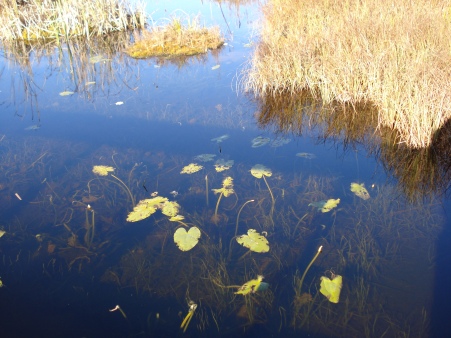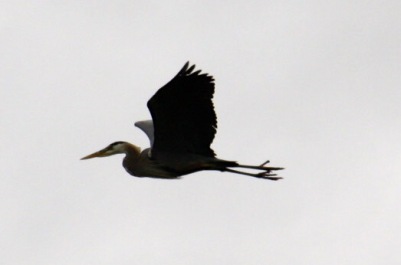Monkey Reviews Retirement

“No more Latin, no more French, no more sitting on the old school bench.”
Monkey chants this famous ditty as he relaxes in the whirlpool bath, a glass of white wine on the tray before him and his faithful tablet sitting beside it.
“The olde order changeth …” Monkey pauses and takes a sip of wine, “… lest one good custom should corrupt the world.”
“Welcome to heaven,”Monkey lies back in the jacuzzi and the beating waters whirl around him, sending him into a dream world.
No more committee meetings: The unter-monkeys sit in a circle, where all are equal but some are more equal than others. They pass a lyre bird feather round and round, weeping crocodile tears and lying through the tight monkey grins of their alligator teeth.
No more writing reports: The dead text he revises is composed of misquotes, harsh judgements, double-talk, and outrageous lies.
No more long-term contracts: “Will the defendant please rise. Sir: I sentence you to a term of two years’ detention at this institution, renewable for another two years. And, should you continue to to do well, and should you fail, over that four year probationary period, to fall by the wayside, or to do anything wrong, I sentence you to life imprisonment, till death do you and the institution part. Amen!!!”
No more promotion: Inmates with crowded heads and vacant faces, fools grinning at a universe of folly, paddled in piddle beside him.
No more cabin fever: Monkey has worked for forty years among foreigners and lunatics afraid of the rats who keep him company, devoured by his monkey lust to drive silver knives and forks through the watch springs of their inhuman, foreign hearts.
No more penis envy: They lounge in glass cubicles, checking each other out for size, weight, length, girth, with a roll of the eye, and a casual flicker of a forked lightning tongue.
No more water-fountain gossip: They prefer death by blow-gun, their poison dart injected through hollowed fangs or Chinese Water Torture, the slow drip after drip of poison inserted into ears and veins, a drop at a time, and slowly gathering … until their victim slows down, ceases to struggle, stands there, eyes open, unable to move, poisoned and paralyzed.
No more gala occasions: … gripping cup handles between finger and thumb, enormously pleased to be the center of attention, however clumsily they walk, in their hired-for-the-occasion, ill-fitting, black and white penguin suits.
No more macaronic Latin: Caesar adsum jam forte, Brutus aderat; Caesar sic in omnibus, Brutus sic in at!
No more thought police: The Thought Police try to make him change his mind. Others, in blind obedience to a thwarted, intolerant authority, first bully him, then beat him, then bite him till he’s dead.
No more Wittgenstein: Or is it just the act of perception, as Wittgenstein would have us believe, and nothing more, the money always spinning on its metal edge, never falling, the coin on its axis, a new day with its potential, sunshine or shadow, thrown dice still skittering, a new world imperceptibly poised in its own making?
No more Camus: “Il faut imaginer l’esclave heureux.”
No more Shakespearean tragedy: Down in the kitchen, the cooking staff are preparing the next nutrition break. As the cauldron boils and bubbles, three old monkey witches dance around the pot and polish that bright red poisoned apple.
No more annual reports: Monkey is not übermenschen, nor is he untermenschen, either. He thinks of himself as honorable mention, not a whole chapter in the book, but rather an interesting footnote to one of those less important pages that abound in local histories.
No more kowtowing to a vacant authority: “Yadda, yadda, yadda … three bags full … and a fig for the frigging king beneath my frigging cloak.”
No more drugs: The bartender measures poison and monkey slips it skillfully into his veins.
No more avoiding direct questions: When asked where he grew up Monkey will now say “I don’t think I have.” When asked what he did for a living, Monkey will now say“I no longer know.”
There’s nothing more to say. The jacuzzi whirs on and on and Monkey continues his voyage serenaded by the buzzing of the bees as he walks past the cigarette trees on his way to the soda water fountain.











